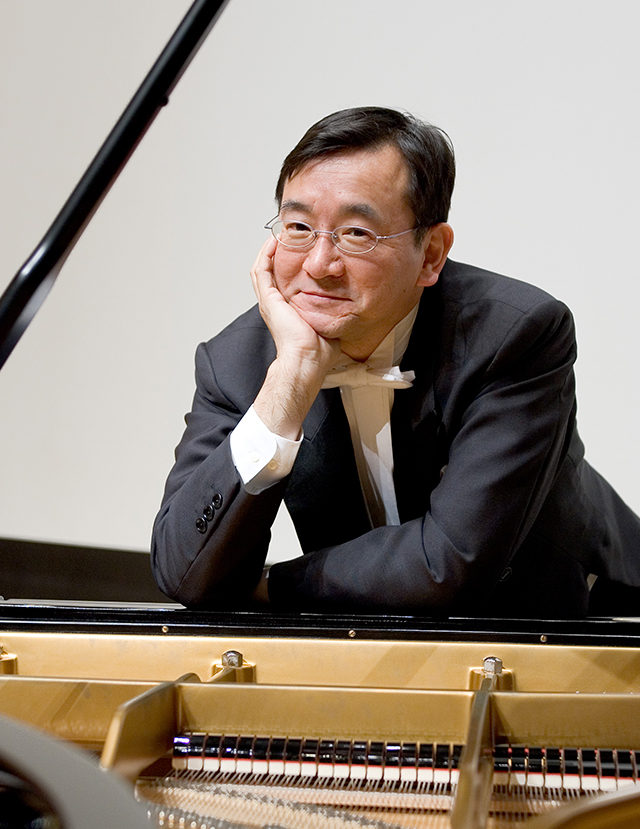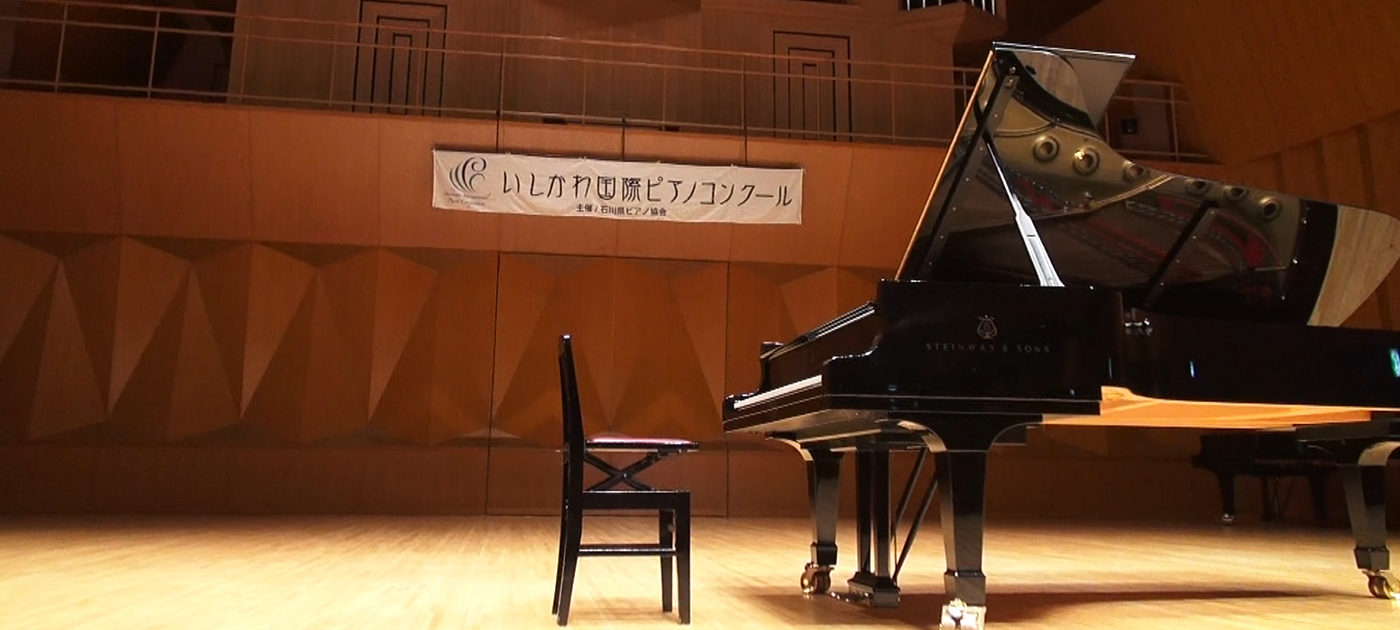
Shigeo Neriki
Shigeo Neriki
―Japan―
Pianist Shigeo Neriki has dazzled audiences and critics on four continents, as recitalist, soloist with orchestra, and chamber musician. He arrived in United States to study with Professor Gyorgy Sebok at Indiana University in 1971.
From first prize-winning performances at the Biennial Piano Competition at Tucson in 1976, and the Three Rivers Piano Competition in Pittsburgh in 1979, Mr. Neriki's career has blossomed to include performances as a soloist with Boston Symphony, Chicago Symphony, Denver Symphony, Pittsburgh Symphony, Minneapolis Symphony Orchestra, and National Symphony in Washington, D.C. In outside of the United States, he was a soloist with Orchesta Sinfonica Nacional in Mexico City, Radio Orchestra de France, Swedish Radio Orchestra, NHK Symphony and all of the leading orchestras in his native Japan.
As an active chamber musician, Mr. Neriki has appeared in concerts and festivals throughout Europe, Asia, and North America. He is a regular artist in the chamber music series of Festival der Zukunft in Switzerland, and Kirishima International Music Festival in Japan.
Mr. Neriki also dedicates himself to teach young talents from all over the world. He currently holds a title of Professor of the Toho Gakuen University of Music, and He is Former Professor at Indiana University Jacobs School of Music(1981-2015).
Since 1976, Mr. Neriki has shared a close musical association with the world-renowned cellist Janos Starker. They have collaborated extensively in concerts around the world. The duo has recorded for Dennon, Delos, Star, and RCA Victor Red Seal.
Mr. Neriki has recorded three solo CDs, one for Harmony CD Classic and two for Meister Music. His recording of Schumann Piano Pieces (Meister Music, 1997) has won a Japanese Government Prize for his excellent performance.
He had written his first book about piano chamber music “ Give me an A”, published by Shunju-sha in 2004, and has received a high praise from critics.

